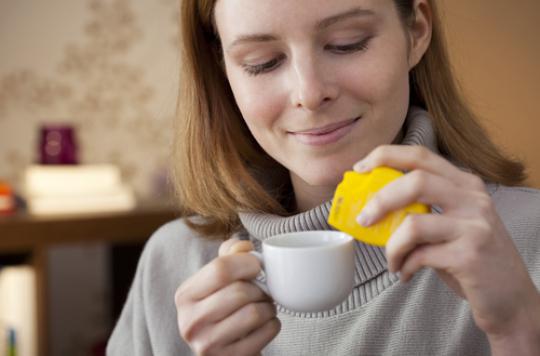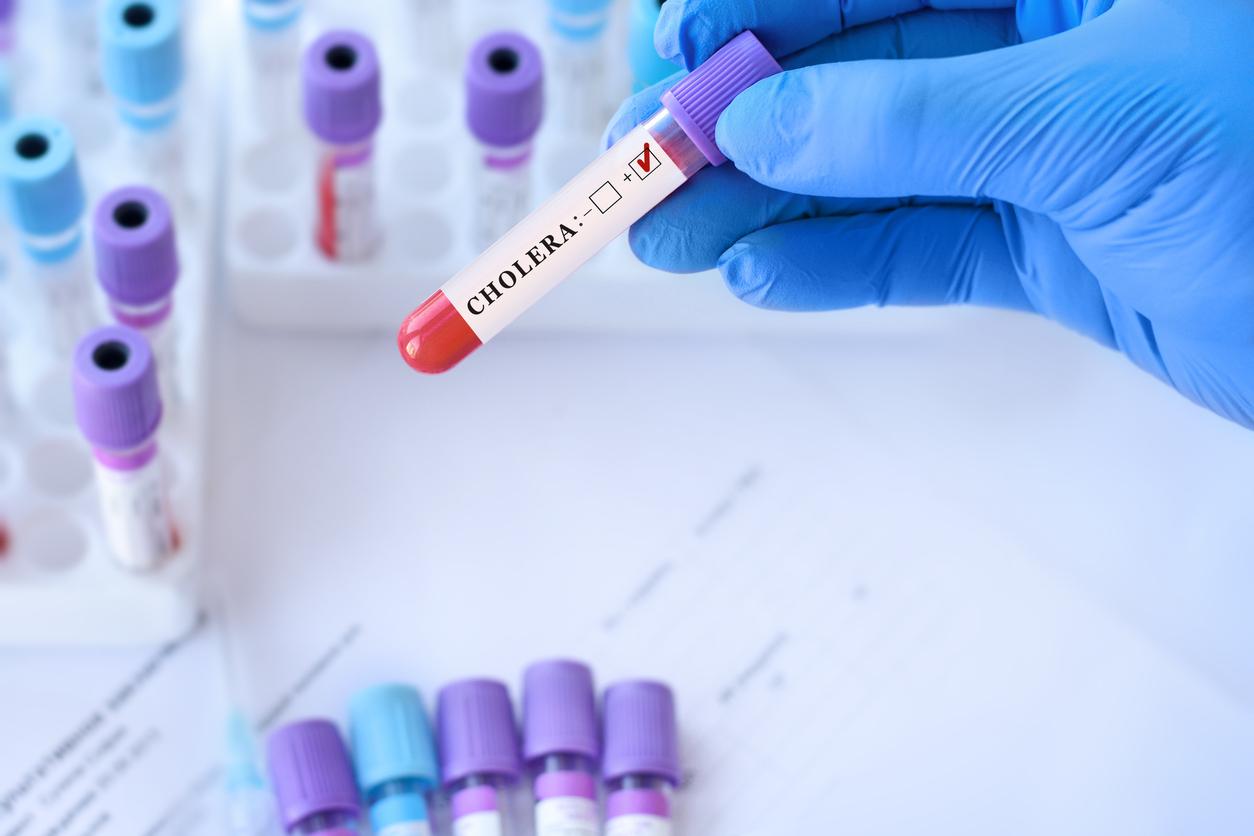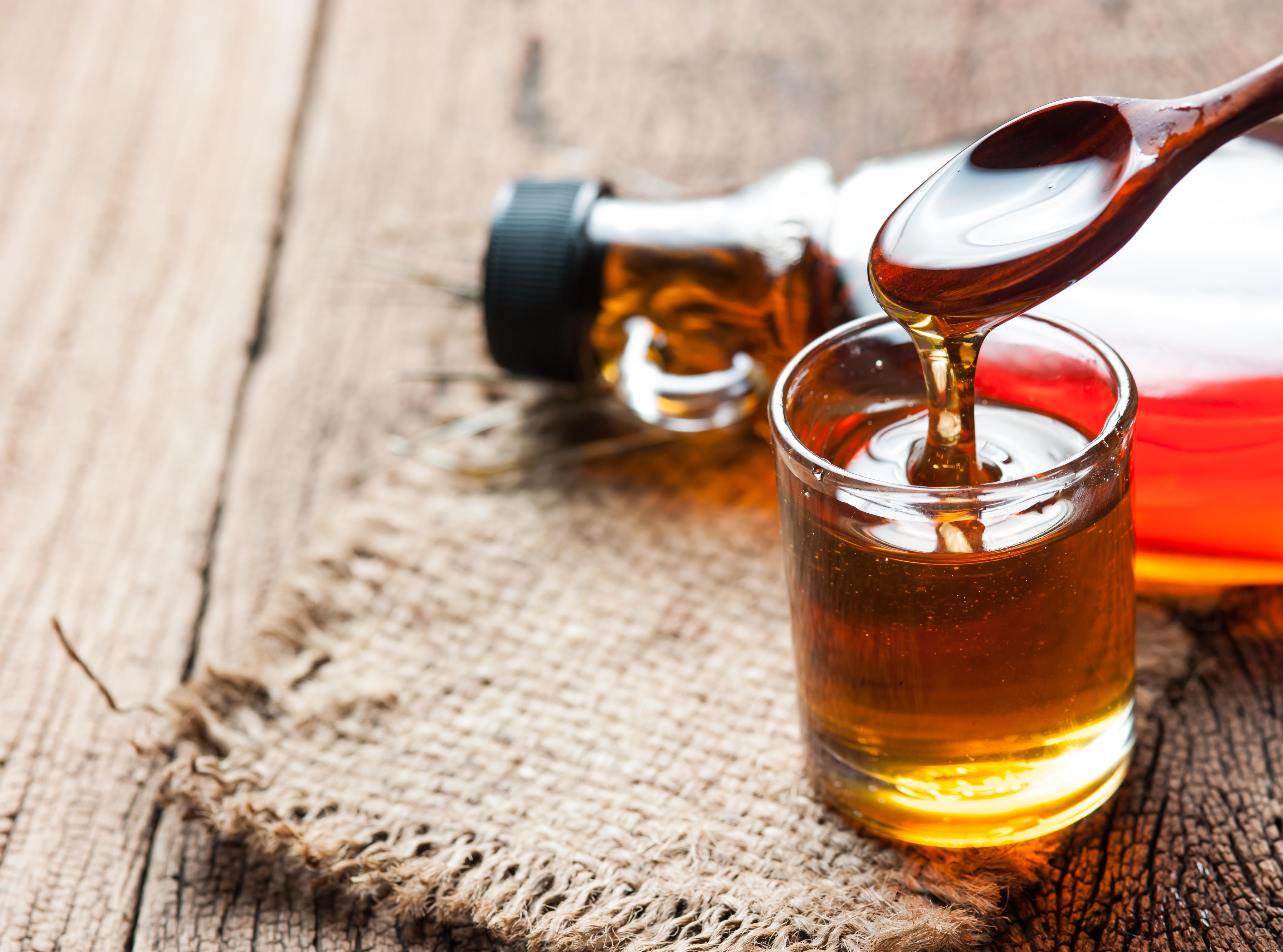Consumption of sweeteners increases calorie intake by up to 30%. A brain mechanism is involved, associated with the sensation of reward.

Sweetener on the plate, more calories on the counter. A study from the University of Sydney (Australia) evokes for the first time the action of the action of sucralose on the brain in Cell Metabolism. The use of this sweetener would thus lead to an increase in food intake.
It is on the circuits of the reward that sucralose would act, suggest the researchers who sign this publication. To do this, they fed fruit flies and then mice with dishes based on sucralose, a synthetic sugar derivative widely used by the food industry and prized by lovers of slimming diets. The insects ingested it for 5 days, the rodents for 7 days.
At the end of this period, a normal diet – including real sugar – was restored. “We observed that the animals began to eat more after chronic exposure to a diet that contained sucralose,” said Greg Neely, co-author of the study.
Indeed, the calorie intake of Drosophila has increased by 30% compared to normal. In mice, the increase was similar.
A brain imbalance
This phenomenon is not due to chance: sweeteners stimulate the reward circuits in a new way. The brain assimilates the sensation of sugar at the same time as the energy supply. When sucralose is ingested, the organ registers the sweetness but fails to associate a sufficient number of calories with it. And for good reason: sweeteners are designed to provide the taste of sugar without its energy content.
But “when the balance of sugar and energy is upset for a while, the brain rebalances itself and increases total caloric intake,” says Greg Neely. A way to fill the gap, in short.
This would explain why the followers of light tend to have more abdominal fat, and why glucose uptake is disturbed in mice.
One in four French people
The mechanism at work is in fact comparable to that which occurs during prolonged food deprivation: nutritious foods then seem better. Starting from this principle, it would then be possible to explain the association between sweeteners and sleeping troubles but also hyperactivity.
For Herbert Herzog, who signs this publication, “these results reinforce the idea that the versions light prepared foods and drinks are not as trivial as we thought. Without letting go of alarmism, studies relativizing the benefits of these sugar substitutes are accumulating at a sustained rate. And a quarter of the French use it regularly to reduce their sugar consumption.
.

















